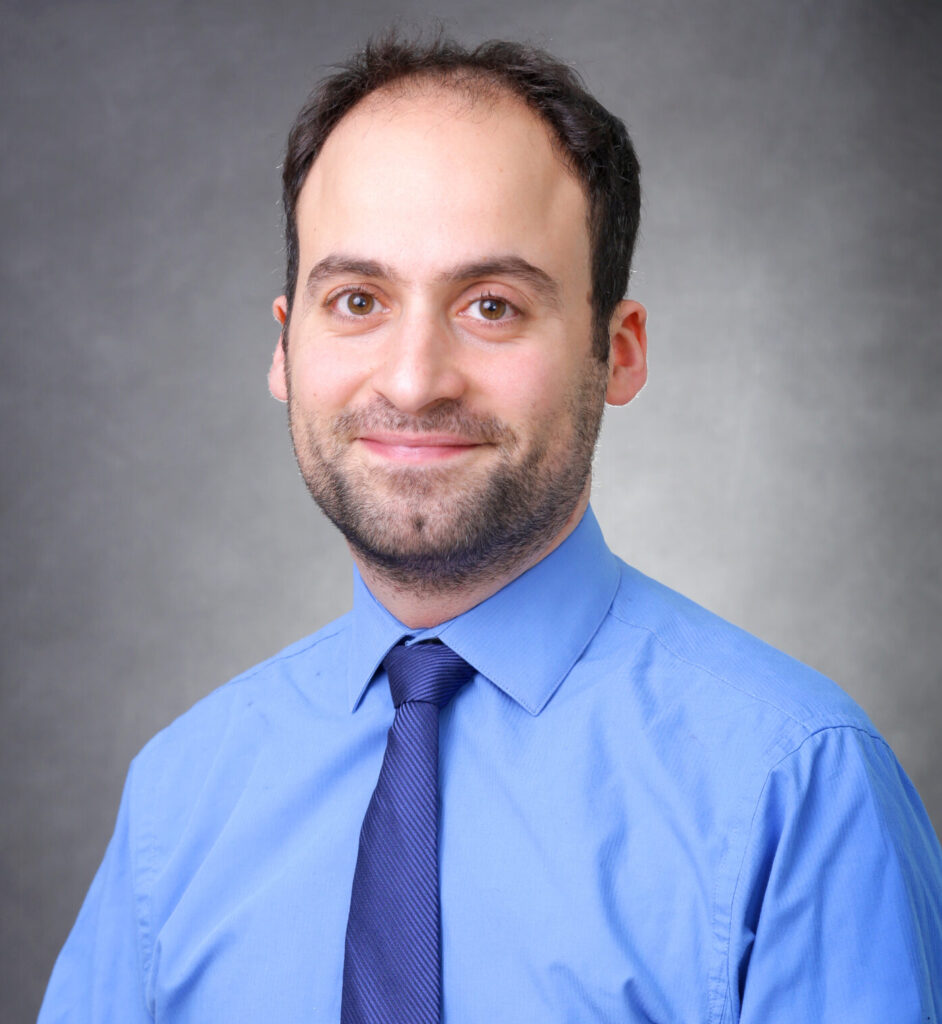Leaving against medical advice is not uncommon in hospitals, but when Ms. Lydia asked to sign out, the nurse and hospitalist were shocked.
Ms. Lydia, a sweet, 72-year-old patient with sepsis from abdominal abscesses, had, rather emergently, transferred earlier that week to our tertiary care center from a nearby community hospital. Her condition was guarded but curable. And she was just starting to turn the corner after interventional radiology placed a drain and infectious disease adjusted the intravenous antibiotics.
Her husband explained that she had to leave the hospital because they’d received a denial letter; their medical insurance wouldn’t cover the hospital stay, and they couldn’t afford to pay out of pocket.
Thankfully, the hospitalist was familiar with our physician advisor program. She immediately escalated the issue to our physician advisor and medical director of care coordination. She reassured Ms. Lydia and her husband that our physician advisor team would appeal this outrageous denial. The good news arrived a couple of hours later: the physician advisor had successfully overturned the denial.
The physician advisor, a ‘growing subspecialty of the medical field,’ as per a handbook sponsored by the American College of Physician Advisors, ‘integrates quality management, resource utilization review, patient safety, and regulatory compliance… to support hospitals and practitioners in providing the right care to the right patient at the right time.’1 In other words, the physician advisor, an expert in managing many aspects of the U.S. health care system, enables other frontline providers to do their jobs. To quote a 2019 article in The Hospitalist, the physician advisor’s job is ‘help physicians continue to focus on the parts of medicine they enjoy – clinical care, education, quality improvement, research, etc.’2
In Ms. Lydia’s case, the physician advisor was no mere enabler; their direct role in the patient’s care prevented a serious adverse outcome and might have saved Ms. Lydia’s life.
To unleash the physician advisor’s full potential, frontline providers, including advanced practice professionals and residents, must partner with the physician advisor team and learn when to consult with them, similar to learning when to call gastroenterology in patients with vomiting.
Our institution recognizes the importance of introducing learners of all levels to physician advisor work. We offer elective rotations to our medical students and residents to introduce simple regulatory concepts and connect what they call ‘pure clinical medicine’ with the reality of working within the U.S. health system. By the end of the week, learners often say they now believe doctors must understand the basics of utilization management to advocate for their patients.
Many hospital systems outsource physician advisor services to vendor companies. We worry this model doesn’t allow for true partnership and engagement with frontline health care professionals or for the education of learners.
In contrast, our institution has integrated the physician advisor program within the hospital system. All physician advisors are clinically practicing physicians, currently, all hospitalists, who are comfortable discussing cases with their colleagues. The physician advisors often attend hospitalist meetings and share documentation tips, updates regarding new insurers’ trends, and compliance rules and regulations. And hospitalists are encouraged to shadow physician advisors. The success of our model depends on senior leadership buy-in.
Beyond the management of insurance denials, the physician advisor affects the daily clinical work of hospitalists. The physician advisor participates in onboarding newly hired hospitalist physicians and advanced practice professionals. During their first two months, new hires get paired with a physician advisor who calls daily at noon, Monday to Friday, for a one-on-one ‘let’s run-the-list’ activity. The physician advisor is a friendly colleague rather than a supervising leader who allows nervous new hires to feel comfortable asking ‘dumb questions.’ The physician advisor supports and reassures the hospitalists about their consults and discharges and can walk them through real-time escalation of barriers to care. This activity shortens the learning curve and eases the transition of new hospitalists from the June resident who staffed all their patients to the autonomous attending they aspire to be in July.
Outside of onboarding, the physician advisors influence daily patient care and hospital throughput. The physician advisors review the telemetry indications of all new admits and a sample of floor patients, then reach out to the primary team to recommend discontinuation when appropriate. They run the lists of a few hospitalists, review the charts of emergency department boarders, and communicate with bed managers to avoid sending potential same-day discharges to the floor when hospital occupancy is high. Finally, our physician advisors participate in multi-disciplinary rounds to provide recommendations, identify and escalate throughput barriers, and recognize and report safety or quality missed opportunities.
Frontline health care work deserves all the pots and pans banging we saw and heard during the COVID-19 pandemic’s early days. The physician advisor, sitting in a cubicle, patiently awaiting a call back from the insurance doctor, also deserves to shine, not only for their administrative and financial contribution but mainly for touching patients’ lives.

Dr. Badr
Dr. Badr is a hospitalist and medical director of the division of hospital medicine of Cooper University Healthcare in Camden, N.J., and assistant professor of clinical medicine at Cooper Medical School of Rowan University.

Dr. Velayadikot
Dr. Velayadikot is medical director of care coordination and medical director of hospital medicine for Cooper University Hospital in Camden, N.J., and assistant professor of clinical medicine and director of educational programs at Cooper Medical School of Rowan University. She’s a hospitalist and physician advisor who developed and oversees the Cooper physician advisor program, which she expanded to multiple hospital systems.
References
1. Nagpal, Pooja, and Ven Mothkur. Physician Advisor Handbook: The Physician Advisor As a Promoter of Innovation and Change. CreateSpace Independent Publishing Platform, 2016.
2. Arnott, D et al. “Top 10 Things Physician Advisors Want Hospitalists to Know.” The Hospitalist. April 2019. https://www.the-hospitalist.org/hospitalist/article/199546/mixed-topics/top-10-things-physician-advisors-want-hospitalists-know